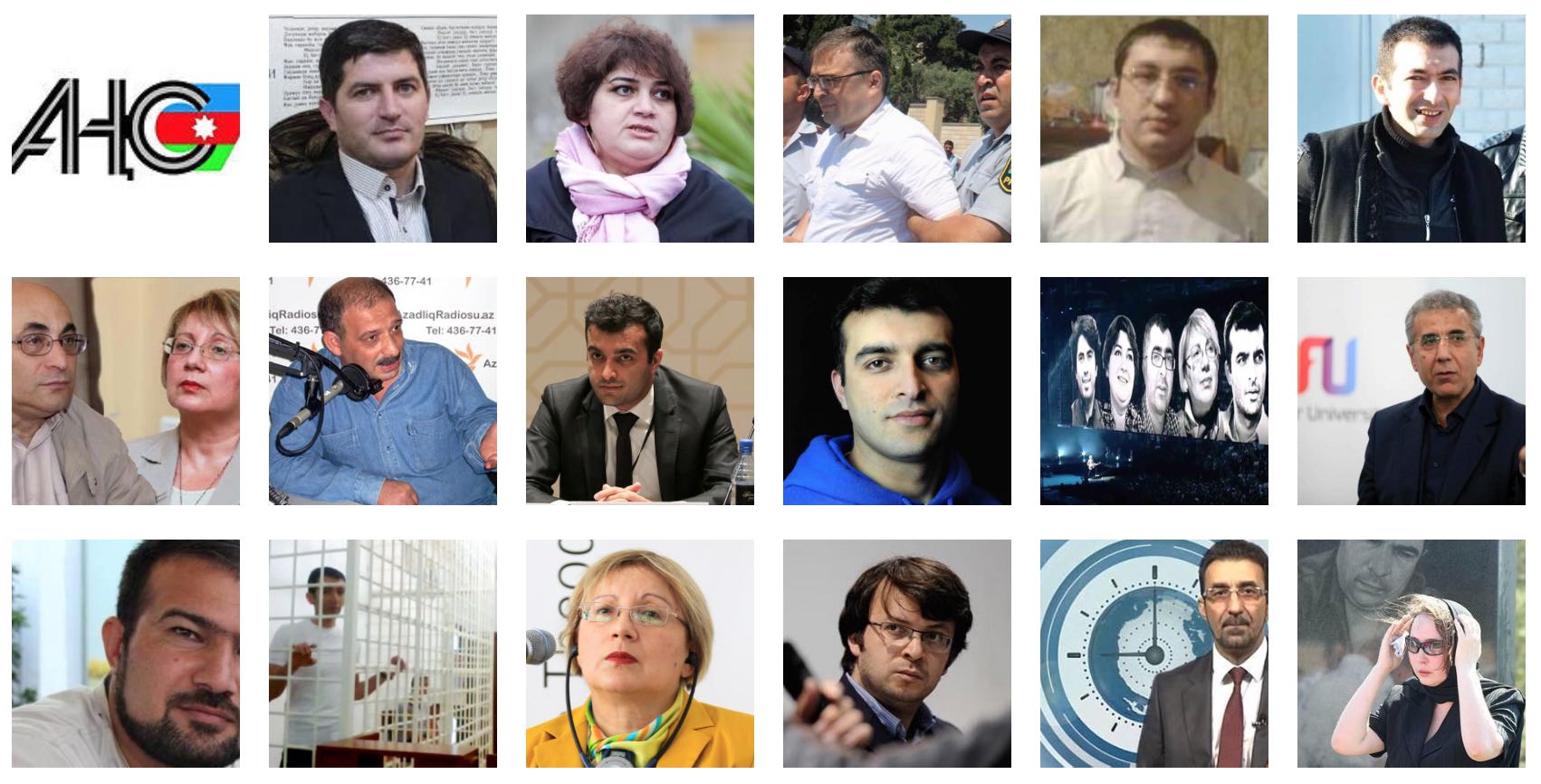
This week has been a tough one for the Azerbaijani government.
The first blow came from the Council of Europe; Council of Europe Secretary General Thorbjørn Jagland is launching an official investigation into Azerbaijan’s compliance with the provisions of the European Convention on Human Rights. In an unprecedented move, Jagland is initiating this investigation based on Article 52 of the European Convention for the Protection of Human Rights and Fundamental Freedoms.
Before the government could properly digest this information, it was blindsided by the Helsinki Commission of the United States. The chairman of the US Helsinki Commission, Chris Smith has introduced the Azerbaijan Democracy Act to Promote Rule of Law, Human Rights (Azerbaijan Democracy Act of 2015). HR 4264, a landmark bill that will deny US visas to senior members of the Azerbaijani government for human rights violations, has been presented to the US Congress. According to the document, the sanctions will remain in force until free elections are held in Azerbaijan, favorable conditions are created for the development of civil society, and political prisoners are released.
Regardless of this, the government continues to insist that human rights are not being violated in Azerbaijan. However, on the day that this document was adopted, the public prosecutor sought a 7-year prison sentence for the journalist Rauf Mirgadirov, widely recognized as a prisoner of conscience. The government asserts that freedom of religion is ensured in Azerbaijan, even though a number of mosques have been closed down in Nardaran settlement of Baku, and people are not allowed into mosques for prayers. Taleh Bagrizade, arrested for proselytizing, has been tortured and is being denied a meeting with his lawyer. No information is provided about the whereabouts of other arrested Muslims.
Contrary to international expectations of human rights reforms in Azerbaijan, the president has presented a Parliament with a bill containing new restrictions on the freedom of media and assembly.
By accusing the foreign states that have spoken out against human rights violations of interfering with Azerbaijan’s internal affairs, the government has repeatedly demonstrated its unwillingness to engage. Now, by launching smear campaigns against the Council of Europe and the Unites States, the Azerbaijani government seems tacitly to be admitting its guilt on this front.

